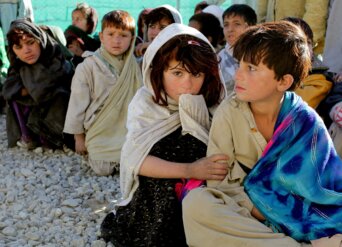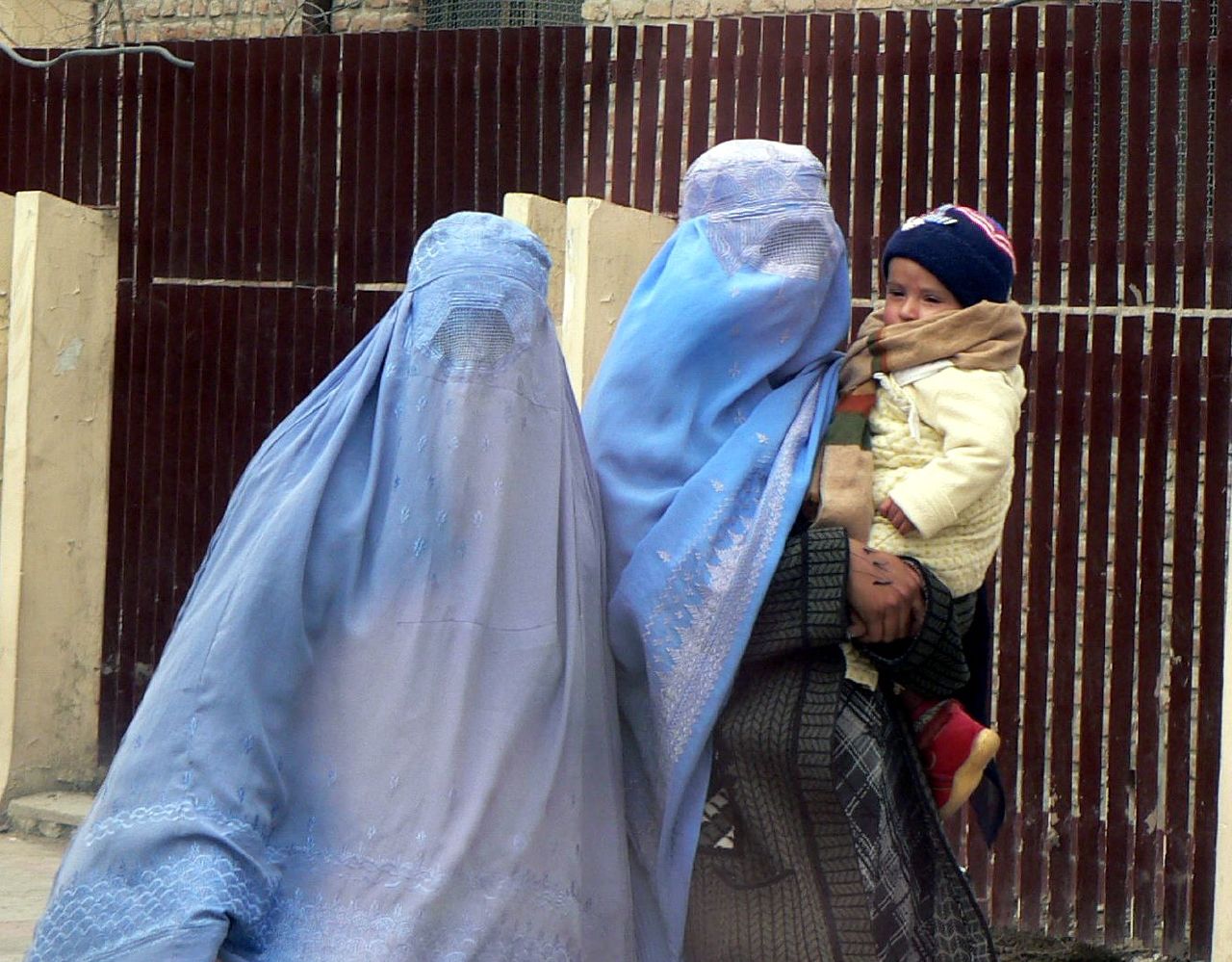- About
- Topics
- Picks
- Audio
- Story
- In-Depth
- Opinion
- News
- Donate
- Signup for our newsletterOur Editors' Best Picks.Send
Read, Debate: Engage.
| topic: | Refugees and Asylum |
|---|---|
| located: | Afghanistan, India |
| editor: | Tish Sanghera |
Across India, around 4,500 university students from nearby Afghanistan are currently scrambling to find out how the recent Taliban takeover affects their future. Suddenly overnight, as the Afghan government fell, the prospect of returning to their native country became impossible - and for the female students among them, outright dangerous.
Many of them would have been infants when the ultra-conservative group was last in power and grew up free from their control. A mark of Afghanistan's transformation over the last twenty years is the number of women now in school, pursuing higher education and working in senior government and private sector roles. Many of these women and other Afghan nationals have studied or lived in India - the second most popular destination for Afghans studying abroad due to a successful scholarship scheme. It is precisely these women and Afghan people whom the Indian government must now protect
While the Taliban has projected a generally more moderate image, and has so far claimed that they will allow women to continue to seek education and will not retaliate against former government or foreign organisations employees, few are convinced. A recent analyst’s intelligence report alleged that the Taliban are already seeking out people on their blacklist and that there soon could be “mass executions.”
Unsurprisingly, many Afghans are desperately trying to leave the country while they still can. As a regional power and the world's largest democracy, India must rehabilitate and support those currently fleeing the regime.
Disappointingly, though, India's Ministry of External Affairs appears to be prioritising emergency visa applications from the Hindus and Sikh communities in Afghanistan - a move that echoes the controversial Citizenship Amendment Act, pushed through by the Narendra Modi-led government in 2019 which discriminates against Muslims. The statement drew widespread criticism on social media for the divisive and factional approach to a growing human rights disaster.
The Taliban’s return to Afghanistan is a huge blow to India’s stability in the region and to its economic interests. With their infamously close ties to Pakistani intelligence, India will expect the Taliban may start fermenting trouble in Kashmir. Meanwhile millions of dollars of investment in infrastructure and development projects, such as the Herat Afghan-India friendship dam has effectively gone up in smoke.
Despite this, India must not take a short-term perspective and remain a faithful ally and friend to the Afghan people. Though the focus in the coming months will surely be on the perceived security threat of a new and violent Islamic state not far from India’s borders, the government must take care to draw a distinction between the suffering people seeking refuge and those who are oppressing them.
It’s now time for the world’s largest democracy to not only step up and show leadership on this looming refugee crisis, but also to stand up for pluralist societies and freedom of expression.
Image by: WikiImages

